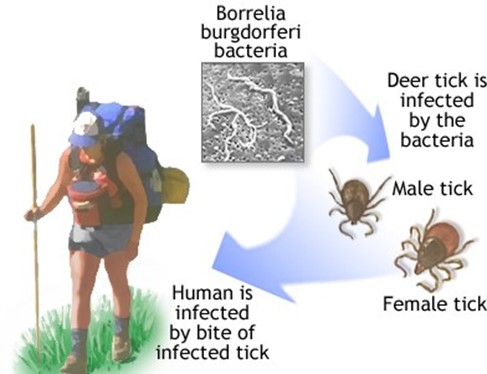A client, who is recovering from bariatric surgery, is returning from the post-anesthesia care unit. Which nursing assessment is of greatest concern in the immediate postoperative period for this client?
Impaired Mobility.
Impaired Gas Exchange.
Self-Care Deficit.
Diarrhea.
The Correct Answer is B
Impaired Gas Exchange. Impaired gas exchange is the greatest concern in the immediate postoperative period for a client recovering from bariatric surgery, as the client may have difficulty breathing due to anesthesia, pain medication, or obesity-related respiratory problems.
Option A, Impaired Mobility, is a concern but not the greatest concern in the immediate postoperative period.
Option C, Self-Care Deficit, may be an issue but is not the greatest concern in the immediate postoperative period.
Option D, Diarrhea, may occur after bariatric surgery but is not the greatest concern in the immediate postoperative period.
Nursing Test Bank
Naxlex Comprehensive Predictor Exams
Related Questions
Correct Answer is A
Explanation
36 to 48 hours. Lyme disease is caused by the bacterium Borrelia burgdorferi, which is transmitted to humans through the bite of infected black-legged ticks. The tick must be attached to the skin for at least 36 to 48 hours for the bacterium to be transmitted. The nurse should advise the client to seek medical attention promptly.
Choice B is incorrect because the tick must be attached for a longer duration of time for the bacterium to be transmitted.
Choice C is incorrect because the tick must be attached for a longer duration of time for the bacterium to be transmitted.
Choice D is incorrect because the tick must be attached for a longer duration of time for the bacterium to be transmitted.

Correct Answer is {"dropdown-group-1":"B"}
Explanation
The term for severe itching is "pruritus," so the nurse should document the client's complaint as such. Pruritus can be caused by a variety of factors, including allergic reactions, skin conditions, and liver or kidney disease.
The nurse should assess the client's skin for any visible signs of irritation or rash and ask about any recent changes in medications or diet. Treatment for pruritus will depend on the underlying cause but may include topical or oral medications, cool compresses, or avoiding irritants.
Whether you are a student looking to ace your exams or a practicing nurse seeking to enhance your expertise , our nursing education contents will empower you with the confidence and competence to make a difference in the lives of patients and become a respected leader in the healthcare field.
Visit Naxlex, invest in your future and unlock endless possibilities with our unparalleled nursing education contents today
Report Wrong Answer on the Current Question
Do you disagree with the answer? If yes, what is your expected answer? Explain.
Kindly be descriptive with the issue you are facing.
